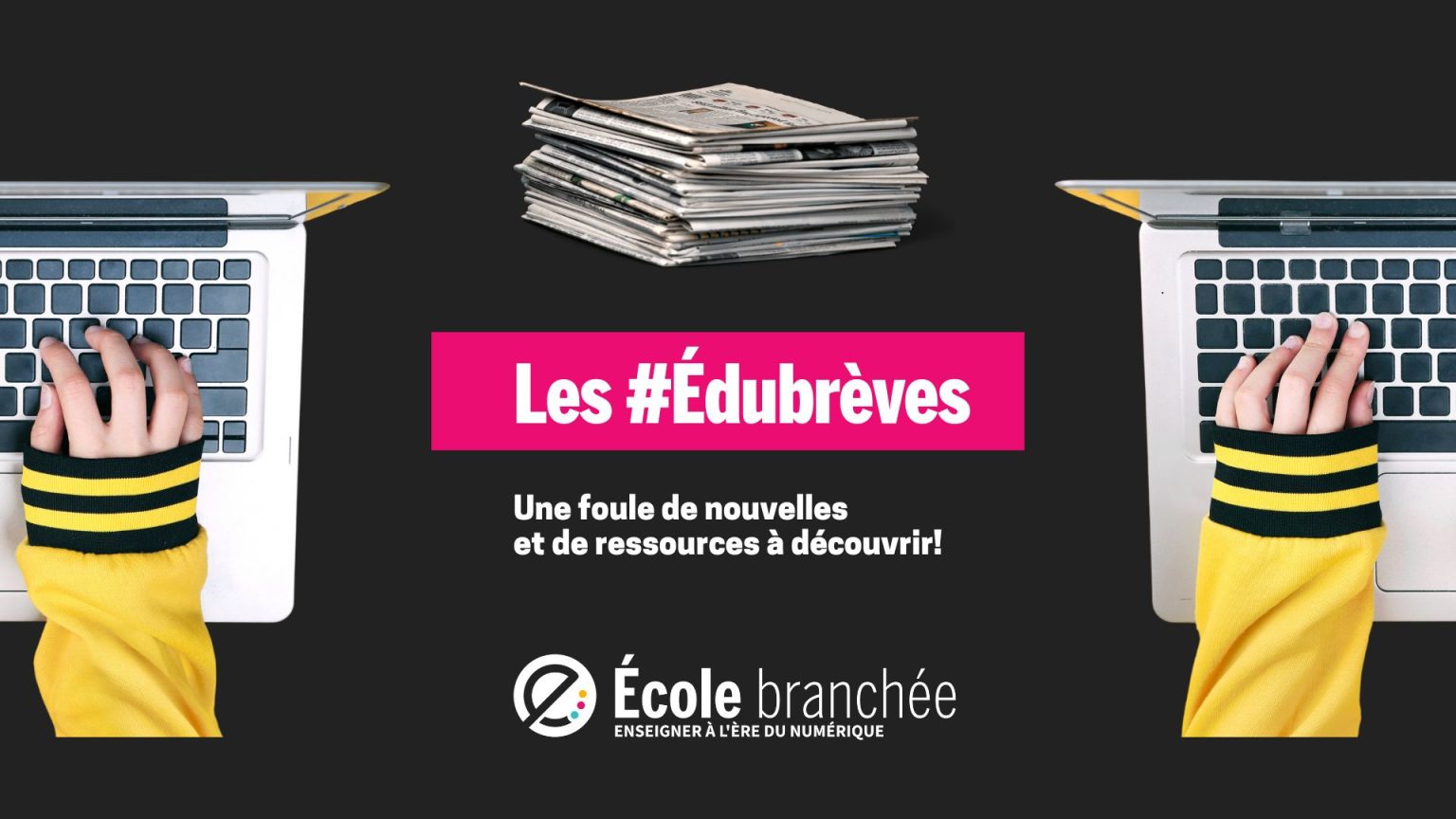Les rencontres de parents prennent plusieurs formes selon l’école, le niveau et les matières. Ceci est particulièrement vrai cette année, alors que plusieurs se feront de façon virtuelle, par téléphone, ou à deux mètres de distance.
Les enseignants titulaires du primaire ou de l’adaptation scolaire ont habituellement le temps de rencontrer tous les parents. Cependant, les spécialistes au primaire et les enseignants du secondaire n’ont pas cette possibilité, dû au grand nombre d’élèves à qui ils enseignent. Pour eux, quelle que soit la forme que prendra la rencontre, il est peu probable qu’ils soient en mesure de rencontrer tous les parents ciblés.
Voici des conseils pour faire en sorte ces rencontres soient les plus efficaces et conviviales possibles.
Préparation de la rencontre
Voici une liste de choses à prévoir pour ces rencontres, peu importe leur format.
- Avoir en main les photos des élèves, cela vous permettra d’identifier rapidement l’élève dont il est question.
- Apporter aussi le cahier de notes, pour être en mesure de donner de l’information plus précise sur le cheminement de l’élève, ses difficultés particulières, la tangente prise par l’élève jusqu’à maintenant.
- L’agenda peut aussi être utile pour répondre aux questions au sujet d’évaluations manquées ou des prochains travaux.
- Une feuille et un crayon peuvent faire une grande différence! Certains parents vous poseront des questions auxquelles vous n’aurez pas immédiatement les réponses. Dans ces cas, il suffit de prendre la question et l’adresse courriel du parent en note pour lui transmettre la réponse plus tard. La feuille permettra aussi de prendre en notes les demandes particulières des parents. Par exemple, certains vous demanderont de les avertir au moindre pépin ou de faire un suivi le mois prochain. Vos notes vous permettront de ne pas oublier, et le parent sera rassuré que vous preniez ses demandes au sérieux.
- Quelques exemplaires des travaux en cours ou à venir peuvent aussi être utiles en rencontre. Si les élèves sont au milieu d’un projet, il est pertinent de montrer aux parents qui le demanderont sur quoi les élèves travaillent présentement. Les travaux et projets à venir peuvent aussi servir pour les parents qui veulent savoir comment aider leur enfant de façon proactive. Il en va de même pour le cahier d’exercices, si vous en utilisez un. Démontrer les pages d’explications à la fin du cahier est un moyen facile d’outiller les parents pour qu’ils aident leurs enfants.
- Il ne faut pas oublier la bouteille d’eau et la collation. Ce sont des soirées intenses en discussion, vaut mieux avoir l’énergie et la salive qu’il faut pour se rendre jusqu’au bout!
- Finalement, votre meilleur allié : votre sourire. Vous n’aurez pas deux chances de faire une première impression. Comme les rencontres sont d’une durée moyenne de 10 minutes, la première impression est d’autant plus importante pour faciliter la suite des choses.
Le déroulement
Il y a habituellement trois types de rencontres de parents.
- Le type compte-rendu, où le parent s’informe du cheminement de son enfant.
- Le type question précise, où le parent veut de l’information sur un événement ou un travail en particulier.
- Le type convocation, où c’est l’enseignant qui demande au parent d’assister à la rencontre afin d’adresser un élément particulier.
Peu importe le type de rencontre, quelques principes de base peuvent aider au bon déroulement. Comme ce sont des rencontres courtes, il faut garder le cap sur l’essentiel. Il est préférable de cibler un élément à améliorer plutôt que de faire une liste de tout ce qui ne fonctionne pas.
La méthode « sandwich » est une méthode éprouvée qui gagne à être utilisée, soit de débuter et de terminer avec des éléments positifs (les pains du sandwich) et d’y insérer au milieu l’élément problématique et ses pistes de solution.
- Débuter par identifier un élément positif sur l’élève rendra le parent plus réceptif. Il verra que vous ne portez pas seulement attention au négatif, mais que vous voyez aussi du positif chez l’enfant. « Joachim a toujours un beau sourire et il est toujours de bonne humeur. »
- Enchaîner avec la question du parent ou la difficulté que vous voulez aborder. « Joachim ne révise pas ses examens. Il se dépêche pour finir afin de pouvoir reposer sa tête sur son bureau. Ses erreurs sont donc dues à un manque de révision. »
- Une fois le problème exposé, c’est le temps d’identifier les solutions mises en place, et celles à venir : « Je lui en ai déjà parlé et je vous invite à faire de même. Je vais tenter de lui donner des instructions plus claires en lui demandant de vérifier ses verbes.Je vous en redonne des nouvelles après le prochain examen, mais je suis confiant que ça va fonctionner ».
- Le dernier morceau du sandwich est un autre élément positif. « Au cours de l’étape, nous avons fait une discussion de groupe et Joachim s’est démarqué significativement par sa participation et son écoute! C’était beau à voir! »
Si l’enfant est présent
La méthode « sandwich » est à préconiser que l’élève soit présent ou absent. La présence de l’élève peut cependant enrichir la rencontre en lui posant les questions directement. Par exemple, quand un parent demande « Comment ça va dans le cours? », pensez à retourner la question à l’élève. « Joachim, comment ça va dans le cours? » afin qu’il parle lui-même de la situation problématique. Vous pourrez ainsi discuter des solutions et prendre entente avec l’élève afin de la mettre en œuvre. Ensuite, donnez un commentaire positif sur l’élève au parent. « Vous savez, je suis confiant que ça va fonctionner parce que Joachim est un jeune homme qui n’a qu’une seule parole. Quand il dit quelque chose, il le fait, alors ça ne peut que bien aller. »
Les situations délicates
Il n’est pas souhaitable de discuter des autres élèves en rencontre de parents. Certains parents peuvent comparer les résultats de leur enfant avec ceux d’un autre ou veulent discuter du comportement d’autres élèves dans la classe. Vous pouvez répondre que vous n’êtes pas en mesure d’en discuter avec eux afin maintenir la confidentialité, tout comme vous ne discutez pas de leur enfant avec d’autres parents.
Cette confidentialité ne veut pas dire que le problème ne sera pas abordé. S’il s’agit d’une question sur les résultats, on peut baser notre explication sur les critères d’évaluation utilisés plutôt que de comparer les élèves. Une question comportementale peut être adressée en offrant un changement de place ou un pairage différent en équipe. Une référence aux TES peut aussi être pertinente (et inscrite sur la feuille de notes).
Les soirées de parents sont souvent une grande source d’informations pour les enseignants aussi puisqu’elles permettent d’en connaître un peu plus sur les réalités familiales des jeunes. Elles sont énergivores, certes, mais elles ont une influence positive sur nos classes, ne serait-ce que parce que les élèves savent que l’enseignant et leurs parents se parlent. Bonnes rencontres!
À lire aussi :






